Introduction to Solar2D
Welcome to Solar2D! Before creating an actual app, we’ll provide some basic information and discuss how to get started.
What is Solar2D ?
Solar2D is a cross-platform framework used to rapidly create apps and games for mobile devices and desktop systems. That means you can create your project once and publish it to multiple types of devices, including Apple iPhone and iPad, Android phones and tablets, Amazon Fire, Mac desktop, Windows Desktop, and even connected TVs such as Apple TV, Fire TV, and Android TV.
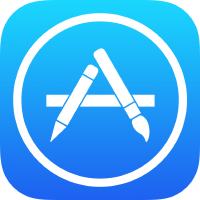

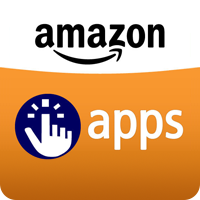
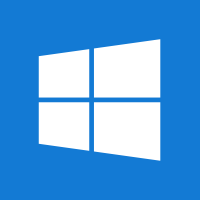
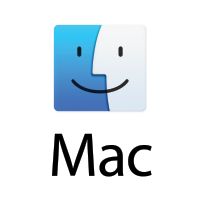

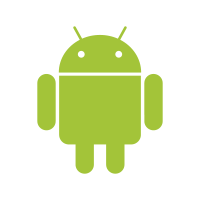

Why Choose Solar2D ?
Solar2D is used by professional programmers, mobile app developers, businesses, schools, and universities to develop engaging games, educational apps, business/utility apps, and more. Solar2D is easy enough to learn for those who are just starting, yet powerful enough for the experienced developer. With Solar2D you get all of these benefits:
A complete framework which lets you create games, educational apps, business/utility apps, and more.
Cross-platform — develop for mobile, desktop, and connected TV devices with just one code base.
Development is done in Lua, a powerful and
Optimize your workflow with real-time device testing — build and deploy your app just once and then see code/assets update almost instantly on your devices, all over a local network.
Over 1000 APIs enable you to transform your ideas into stunning and innovative app experiences.
Plugins give developers access to additional functionality, tools, and services.
All kinds of plugins to help you succeed, with just a few lines of code. Spend time making awesome apps, not implementing
Supported by
How Solar2D Works
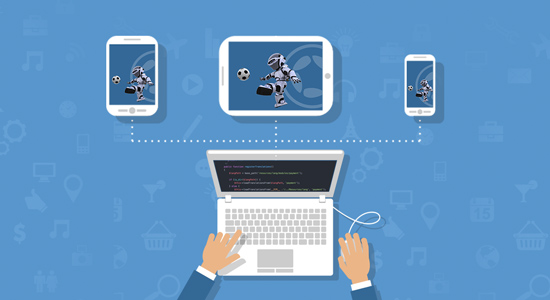
Solar2D is a Lua-based framework that provides a large set of APIs and plugins, allowing developers to quickly and easily make apps that can run on multiple types of devices.
With the
In addition to the core framework, Solar2D includes many plugins which add specific functionality and help speed up the development of your app. Want to monetize your apps with

Essentially, Solar2D focuses on helping you make your app quickly! Most developers report that they’re able to complete apps much faster using Solar2D versus other systems. With the benefit of writing just one code base that can be deployed to multiple platforms, choosing Solar2D is a natural choice.
The Solar2D Suite
There are three variants of Solar2D so that you can use the toolset which is best for your needs:
Solar2D
Solar2D is a
If you’re new to Solar2D or app development, download Solar2D — it contains all of the core features to get started quickly!
Solar2D Native
Solar2D Native provides
CoronaCards
CoronaCards is used to implement Solar2D inside native apps or other frameworks. This allows developers to embed Solar2D resources without interfering with the main application stack.
System Requirements
What do you need to get started? In addition to Solar2D, you will need an IDE or a text editor (we’ll discuss this further in Chapter 1).
The specific system requirements depend on whether you are developing on a Mac or Windows system:
Solar2D for macOS supports building applications for iOS, Android, tvOS, and
- macOS 10.11 or later
- Xcode (minimum version allowed by Apple to submit apps to the App Store)
For more details, see the System Requirements page. If you’re ready to install, please proceed to Installing Solar2D — macOS.
Solar2D for Windows supports building applications for Android and Win32 desktop. It requires the following basic system elements:
- Windows 10, Windows 8, or Windows 7
- 1 GHz processor (recommended)
- 1 GB of RAM (recommended)
- OpenGL 2.1 or higher (available in most modern Windows systems)
For more details, see the System Requirements page. If you’re ready to install, please proceed to Installing Solar2D — Windows.
Getting Started
Join the community
The Solar2D community is friendly and helpful! You can interact with other Solar2D developers in various ways:
Check the resources
There are several places where you can learn more about Solar2D:
- Developer Guides go further in depth on many selected topics.
- The API Reference site provides details about every API.
- Additional books and online courses for Solar2D can be found here.
Create a project
The most fun way to learn Solar2D is to create a simple game. Don’t worry if you’ve never created a mobile app or programmed before — the chapters in this guide will walk you through the entire process from start to finish.
Apple and the Apple logo are trademarks of Apple Inc., registered in the U.S. and other countries. App Store is a service mark of Apple Inc. Mac and the Mac logo are trademarks of Apple Inc., registered in the U.S. and other countries.
Google Play, Android TV, Google Play, AdMob, and the Google Analytics logo are trademarks of Google Inc.
Amazon, Kindle, Echo, Alexa, Dash, Fire and all related logos are trademarks of Amazon.com, Inc. or its affiliates.
Microsoft, Encarta, MSN, and Windows are either registered trademarks or trademarks of Microsoft Corporation in the United States and/or other countries.
Steam and the Steam logo are trademarks and/or registered trademarks of Valve Corporation in the U.S. and/or other countries.